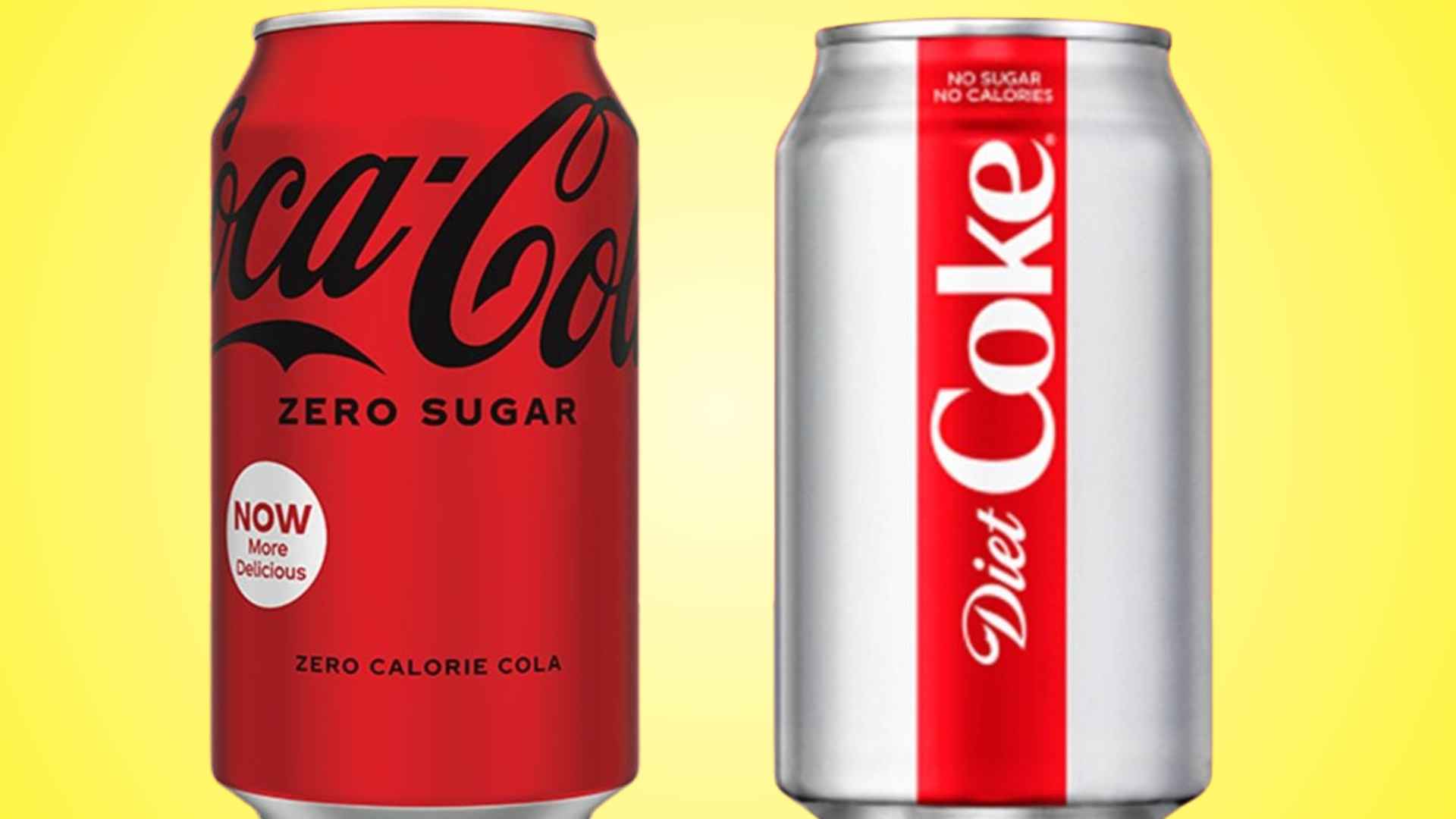New look at the sugar‑free sodas explains their ingredients, caffeine levels and possible health trade‑offs. If you love the bite of an ice‑cold cola but worry about sugar overload, you probably reach for Diet Coke or Coke Zero Sugar. Both promise flavor without calories—yet they aren’t identical twins. Below is a quick, reader‑friendly guide to what sets them apart and which one might land in your cart this week.
How Diet Coke and Coke Zero Sugar differ in sweeteners and flavor profile? Diet Coke arrived in 1982 with a lighter, citrus‑forward taste powered solely by aspartame. Coke Zero followed in 2005, blending aspartame with acesulfame potassium (and, in some markets, stevia), a combo many fans say mimics classic Coke more closely. Wondering why that matters? Different sweeteners can change aftertaste, perceived sweetness and even how full you feel afterward.
| 12‑oz can | Primary sweeteners | Calories | Added sugars |
|---|---|---|---|
| Diet Coke | Aspartame | 0 | 0 g |
| Coke Zero | Aspartame + Acesulfame K | 0 | 0 g |
Both cans dodge the 65 g of sugar packed into a 20‑oz classic Coke, but the formulation tweak gives each its own signature sip.
Why caffeine and calorie counts still matter when choosing your cola
Cutting sugar is wise, yet caffeine can sneak up on you. Diet Coke delivers 46 mg per 12 oz, while Coke Zero clocks in at 34 mg—small numbers, but multiple refills add up. Too much caffeine may jangle nerves, disrupt sleep or boost blood pressure. Still, zero calories mean neither drink directly fuels weight gain the way a 240‑calorie bottle of regular Coke can.
So, which can belongs in your fridge? Ask yourself: Do I crave a bolder cola taste or a crisper, lighter finish? Taste preference often tips the scale more than the modest caffeine gap. Below, a practical tips to cut added sugar without giving up bubbly refreshments:
- Limit frequency: Treat any soda—diet or not—as an occasional pick‑me‑up, not a hydration plan.
- Hydrate first: Keep water, seltzer or unsweetened tea within reach; thirst often masquerades as a cola craving.
- Watch serving size: A “mini” 7.5‑oz can hits the spot with less caffeine and fewer empty sips.
- Pair smartly: Enjoy diet soda alongside high‑fiber snacks to avoid grazing later.
Remember, neither Diet Coke nor Coke Zero supplies vitamins, minerals or fiber, so they should never elbow out nutrient‑rich drinks like milk or fortified plant beverages.ç
For most adults aiming to slash added sugar, either diet option is a better bet than classic Coke. Coke Zero edges ahead if you want a taste closer to the original and slightly less caffeine, while Diet Coke appeals to fans of its distinct flavor. Ultimately, moderation—rather than brand loyalty—protects your health goals. Ready to rethink your next soda break?

